New Scientist covers the latest developments in science and technology that will impact your world. New Scientist employs and commissions the best writers in their fields from all over the world. Our editorial team provide cutting-edge news, award-winning features and reports, written in concise and clear language that puts discoveries and advances in the context of everyday life today and in the future.
Elsewhere on New Scientist
Exploding the big bang • Our evolving understanding of the early universe leaves open intriguing possibilities
New Scientist
Euclid captures a space horse
DNA vaccines on the horizon • Vaccines that contain DNA would be easier to store than mRNA alternatives and should be as effective as conventional vaccines that contain live viruses, says Michael Le Page
Twin climate anomalies may trigger heat and drought in 2024
Man survived surgery on his skull 2700 years ago
Spine stimulator for Parkinson’s • A man with Parkinson’s disease who fell up to six times a day can now walk without falling
The sun is slightly smaller than we thought it was
Eight healthy habits could slow your rate of ageing
Analysis Artificial intelligence • What did the UK’s AI Safety Summit achieve? With a lack of concrete decisions, the much-publicised meeting could probably just have been an email, says Matthew Sparkes
Why ADHD medicines are hard to get • A global shortage of medications for ADHD means many are going without. Clare Wilson explains what is causing this and what to do if you are affected
Ocean heat could supply limitless clean energy to tropical islands
Rats squeak with joy when they are with another rat
Breaking causality improves quantum battery charging
Rats can mentally recreate places they have visited before
Lucy discovers a double asteroid • NASA’s spacecraft found a surprise second object as it passed asteroid Dinkinesh
Left-handed badminton players get an advantage
Mysterious cannabis syndrome • A growing number of marijuana users are experiencing prolonged vomiting, a condition that may be related to the increased use and potency of the drug, finds Corryn Wetzel
Mass grave in Spain tells of the earliest known war in Europe
Robot swarm makes collective decisions like bees do
Hydrogen fuel may add to warming but it still brings benefits
Tall children at greater risk of some forms of heart disease
Sense of place helps sperm to succeed
Ancient planet may lurk within Earth
Chimp spies seek out the higher ground to beat rivals
Really brief
Time to wake up • Early school start times can be harmful to the health of adolescents. But delaying the morning bell isn’t a panacea, says Kenneth Miller
Field notes from space-time • Stellar astrophysics IRL Explaining the structure and evolution of stars may seem as esoteric as can be, but there are plenty of applications in the real world, says Chanda Prescod-Weinstein
Cradle of life
Your letters
Migration: From fury to fact? • Migration divides us like little else. Perhaps we should shut up and read a book by someone who has spent decades examining the evidence, says Simon Ings
The Twitter story • This tale of Elon Musk’s acquisition of Twitter may end up a hit as a movie – but not as a book, finds Chris Stokel-Walker
New Scientist recommends
The sci-fi column • Doom is booming The Future, by Naomi Alderman, takes us on a wild ride towards the end of the world, woven around a deep meditation on why we crave this catastrophe so much. Even its twists have twists, says Sally Adee
The other big bang • The enduring mystery of dark matter has led some physicists to propose that it was...
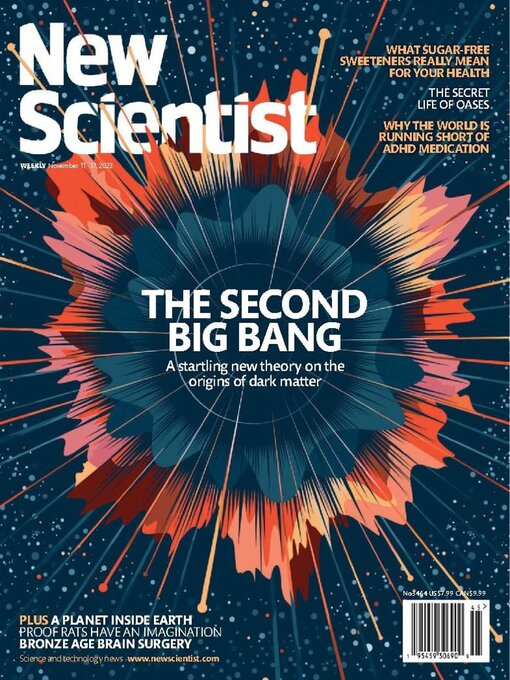
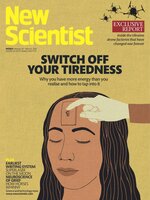 Feb 28 2026
Feb 28 2026
 Feb 21 2026
Feb 21 2026
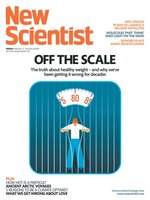 Feb 14 2026
Feb 14 2026
 Feb 07 2026
Feb 07 2026
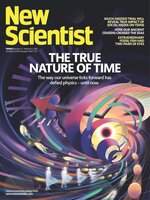 Jan 31 2026
Jan 31 2026
 Jan 24 2026
Jan 24 2026
 Jan 17 2026
Jan 17 2026
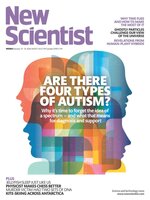 Jan 10 2026
Jan 10 2026
 Jan 03 2026
Jan 03 2026
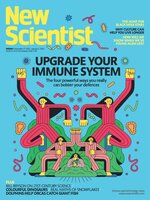 Dec 27 2025
Dec 27 2025
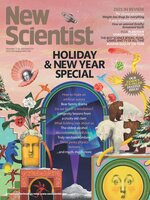 13-26 December 2025
13-26 December 2025
 Dec 06 2025
Dec 06 2025
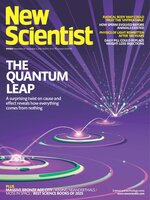 Nov 29 2025
Nov 29 2025
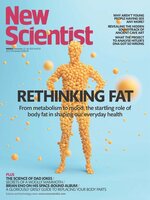 Nov 22 2025
Nov 22 2025
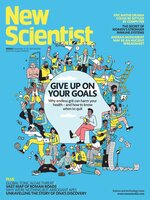 Nov 15 2025
Nov 15 2025
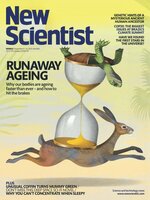 Nov 08 2025
Nov 08 2025
 Nov 01 2025
Nov 01 2025
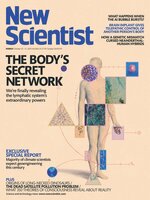 Oct 25 2025
Oct 25 2025
 Oct 18 2025
Oct 18 2025
 Oct 11 2025
Oct 11 2025
 Oct 04 2025
Oct 04 2025
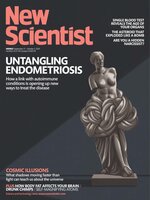 Sep 27 2025
Sep 27 2025
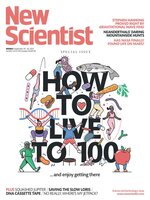 Sep 20 2025
Sep 20 2025
 Sep 13 2025
Sep 13 2025